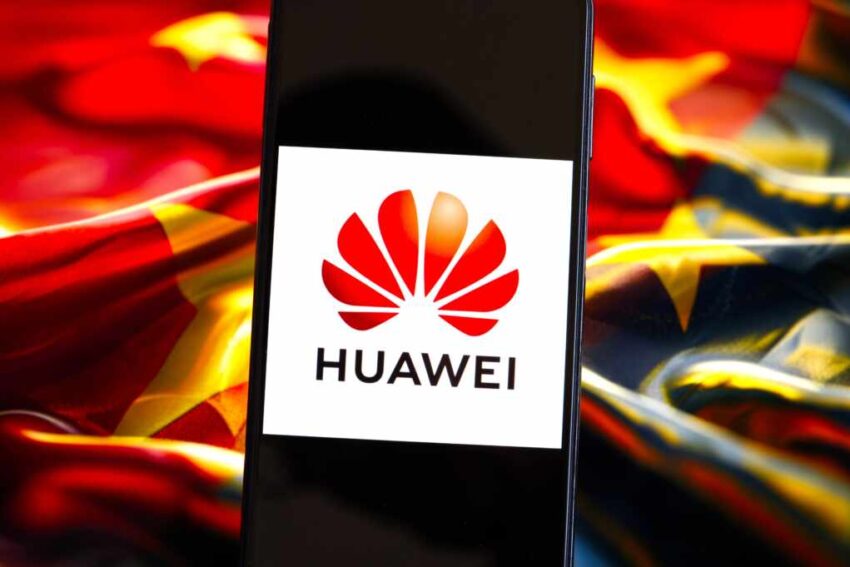Huawei is facing a firestorm of scrutiny after explosive claims that its flagship AI model, Pangu Pro MoE, copied elements from a rival—raising sharp questions about transparency, ethics, and China’s AI credibility.
At a Glance
- Huawei’s Pangu Pro MoE is accused of reusing code from Alibaba’s Qwen 2.5 without attribution.
- The Noah’s Ark Lab at Huawei denies wrongdoing and insists on open-source compliance.
- The scandal has reignited concerns about ethical gaps in China’s AI race.
- Competitors like NVIDIA and Alibaba are gaining ground through transparent practices.
- Investors are advised to prioritize traceable development and IP integrity in AI portfolios.
Huawei Denies, Critics Dig In
What began as a technical observation has erupted into a high-stakes reputational crisis for Huawei. A watchdog group named HonestAGI claims Huawei’s Pangu Pro MoE shares “highly correlated” outputs with Alibaba’s Qwen 2.5, suggesting it may have been reverse-engineered or improperly cloned. According to a technical post, internal model behavior reveals what the group calls “fingerprints” from Qwen, raising red flags over proprietary misuse.
Huawei’s Noah’s Ark Lab responded swiftly, denying the allegations and asserting that Pangu Pro was “independently developed” using its own chip ecosystem and compliant with all open-source protocols. The company emphasized it “welcomes technical discussion, not speculation,” in a statement echoed across multiple platforms.
Still, the credibility of Huawei’s “self-reliant” AI narrative is under pressure, with many observers noting a lack of detailed documentation or reproducible research behind Pangu Pro’s training origins.
Watch a report: Could China Topple America’s AI Throne?
The Transparency Gap in China’s AI Race
This scandal is emblematic of a larger tension in the global AI arms race: the gap between performance claims and development transparency. While companies like NVIDIA and Alibaba have emphasized open-source contributions and reproducibility, Huawei has long relied on controlled disclosures and internal benchmarks.
Ethics and provenance are fast becoming as crucial as speed and scale. As reported by AINvest, this moment may mark a shift toward reputational capital as the true currency in AI development. If Pangu’s lineage cannot be cleanly verified, its strategic value—and Huawei’s position—could erode further.
Investors Shift Toward Verifiable Innovation
For global investors navigating the AI landscape, the message is clear: innovation without transparency is a risk, not an asset. With pressure mounting for stronger licensing enforcement and intellectual property audits, Huawei’s opaque approach stands in contrast to the clear frameworks used by its competitors.
This episode is prompting a deeper recalibration across markets. As AI models become foundational infrastructure, companies that embrace open development and ethical rigor are increasingly favored in both regulatory and investment circles.
Huawei’s fate may not hinge on technical performance—but on whether it can restore confidence in its integrity. As scrutiny intensifies, the AI race is no longer just about algorithms. It’s about trust.
Click this link for the original source of this article.
Author: Editor
This content is courtesy of, and owned and copyrighted by, https://thecongressionalinsider.com and its author. This content is made available by use of the public RSS feed offered by the host site and is used for educational purposes only. If you are the author or represent the host site and would like this content removed now and in the future, please contact USSANews.com using the email address in the Contact page found in the website menu.








